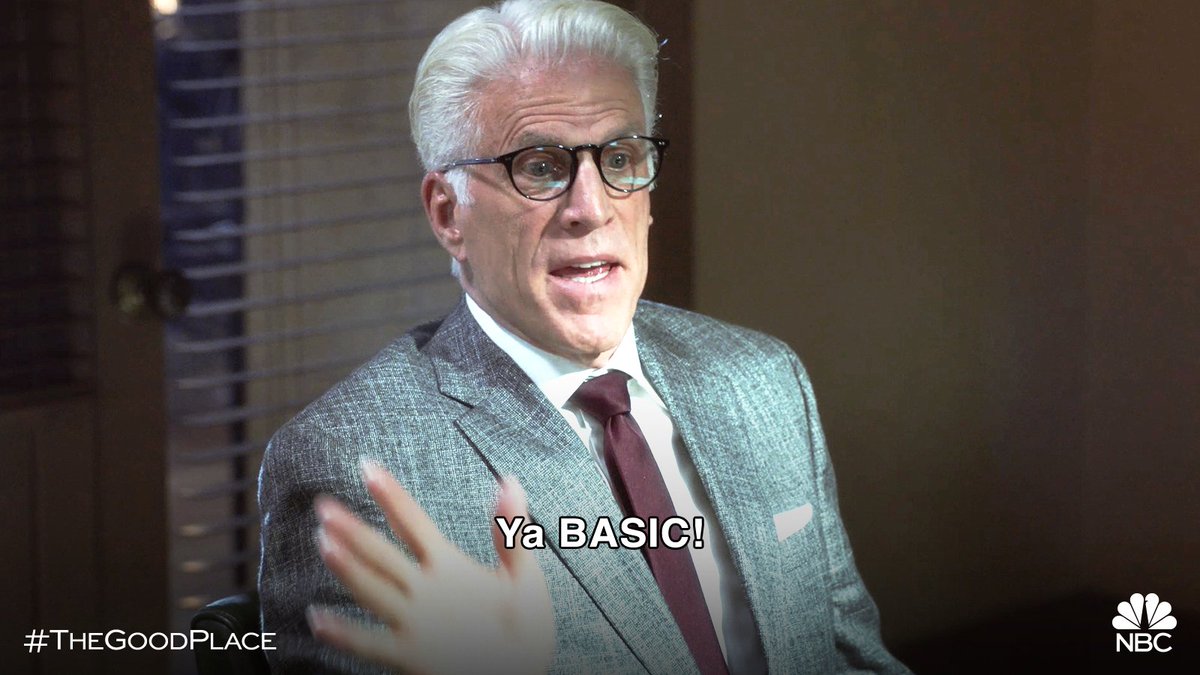“The Moor’s abused by some most villainous knave./Some base, notorious knave”
— Shakespeare, Othello (Act 4 Scene 2, Line 143-5).
When you’re a writer you naturally think a lot about words: how they sound, where they come from, what they mean. Words make up language, which is molded by our thoughts and molds our thoughts in turn. And every so often, in thinking about words I observe certain trends in human psychology that are old enough (but seemingly universal enough) I can quote Shakespeare to illustrate them.
To put it simply: we don’t like the simple. The plain. The common. The title of this piece is all but redundant, because the term “vulgar” has its roots in the Latin word “vulgus,” which just meant “common people.” I remember the original Vampire: The Masquerade RPG book had a section labeled “Vulgar Argot” — which was really just a fancy way of saying “here’s a bunch of slang terms modern vampires use informally.” But outside of academia the common meaning (heh) is to refer to something or someone crass, or gross, or generally not meeting the standards of polite society.
“Villain” is another interesting one. In modern usage it is the go-to term for an evildoer, to the point where in fiction if authors are going for a more grey area feel they tend to describe the person or persons who oppose their main characters as antagonists rather than using the loaded words hero and villain. Villains are bad guys, m’kay?
But “villain” comes from the Old French “villein,” and you’ll note it shares several letters with the word “village.” This is not an accident. A village was used to mean a rural township, and a villein was someone from a place like that. A rube. Rural, uncultured and ignorant, to be shunned and looked down on by a better class of folk. And I guess also considered prone to criminal behavior, given how we use the word now.
You might begin to get the idea that a bunch of hoity-toity city folk are responsible for all this, but here’s a really interesting one: ornery. Calling something “ornery” ain’t what you’d expect from some city slicker snob, but “ornery” turns out to be nothing more than a countrified contraction of “ordinary.” And there we are again. You’re not just average — you’re stubborn, mean-spirited and just a general pain to deal with.
Any fans of The Good Place here? Let’s bring this full circle:
Basic. Base. Our modern slang (sorry, “vulgar argot”) has come right back around to an insult Shakespeare and his audience would have totally understood.
It’s as simple as that.









2 thoughts on “Vulgar commonalities”
Grace
“Churl” is another good one.
Clint
Ah yep, used to just refer to someone low-born. I don’t know about other languages but man, English just has a history of prejudice against the poor!
Comments are closed.
Calendar
BlueSky Latest Posts
Writer’s Blog Archives